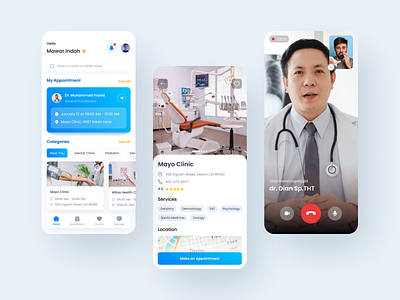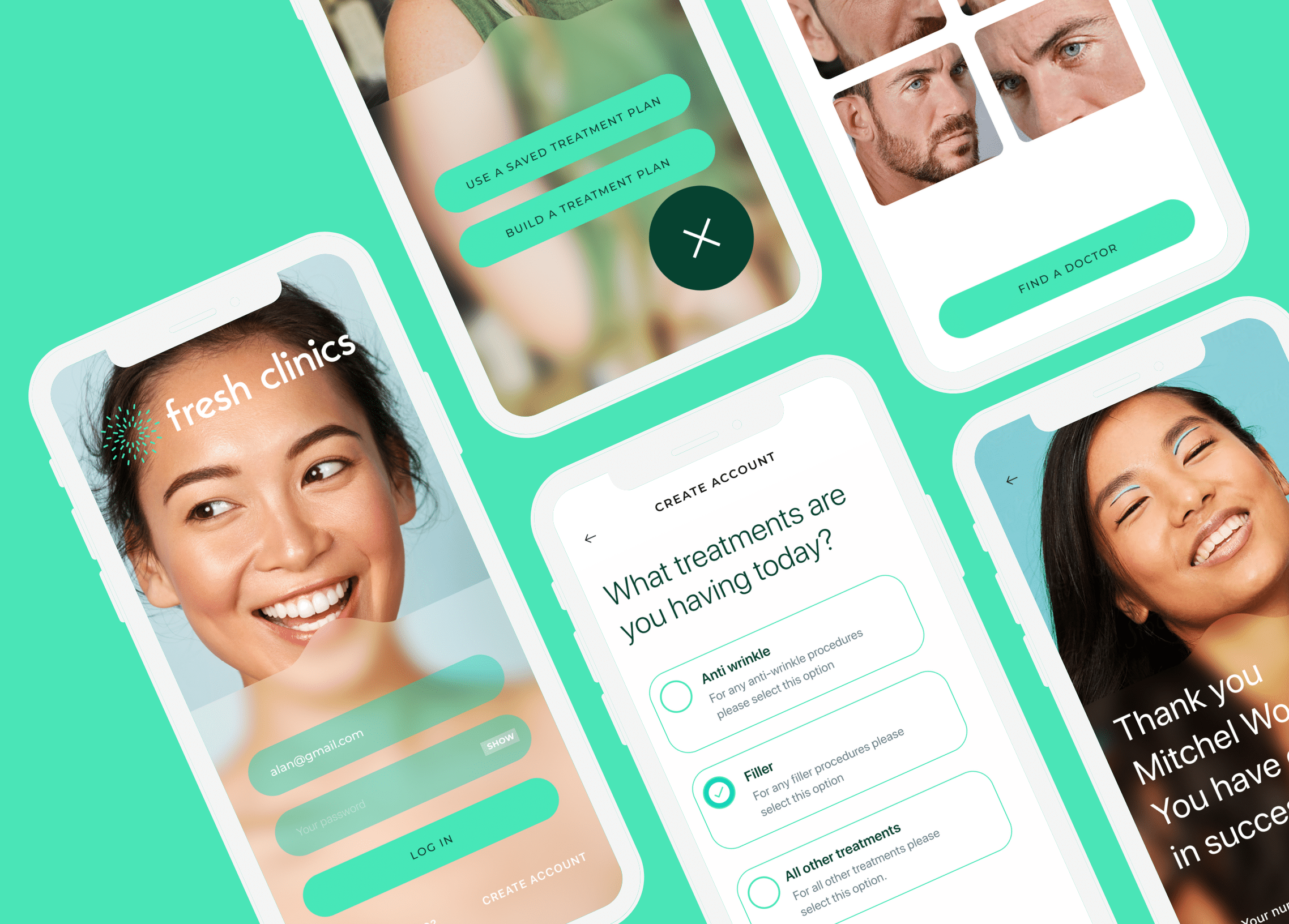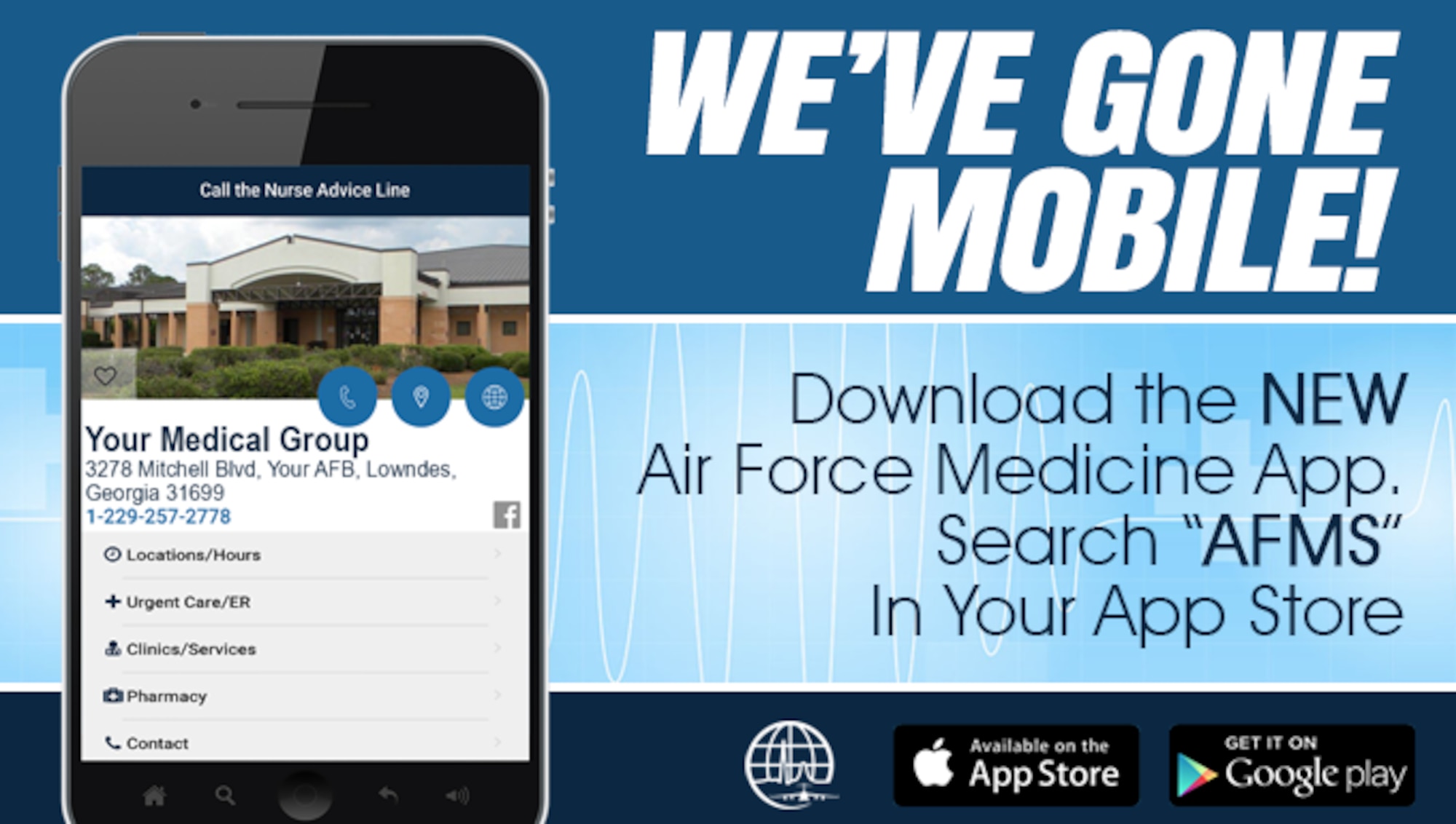How a Mobile App for Clinics Boosts Communication Between Doctors and Patients
How a Mobile App for Clinics Boosts Communication Between Doctors and Patients
Blog Article
The Future of Medical Care: Why Clinics Required a Mobile Application Today
As the health care landscape proceeds to advance, centers face installing stress to adjust to client expectations for higher comfort and ease of access. The assimilation of mobile applications can offer as an important method for boosting client involvement and enhancing operations.
Altering Client Expectations
As the landscape of medical care develops, person expectations are undergoing a considerable transformation. Today's patients are significantly looking for convenience, ease of access, and personalized treatment.
Furthermore, clients are coming to be extra educated and equipped, frequently looking into problems and therapies on the internet prior to assessments. This heightened understanding is coupled with a need for openness in healthcare procedures, consisting of cost estimates and treatment alternatives. Therefore, service providers are urged to adapt by embracing digital tools that enhance the person experience.
The expectation for timely and reliable communication has never ever been greater, with numerous clients taking into consideration responsiveness a vital component of high quality treatment. mobile app for clinics. In this evolving landscape, medical care organizations need to recognize these transforming expectations and take advantage of mobile applications to foster a more patient-centric approach, guaranteeing that they not only meet however surpass the standards established by today's educated consumers
Enhancing Individual Involvement

Mobile applications promote interaction in between patients and doctor, making it possible for real-time visit scheduling, suggestions for medicine adherence, and direct messaging functions. These functionalities not only improve benefit yet also construct a feeling of accountability among clients. Furthermore, mobile applications can provide academic material customized to private needs, helping clients better understand their problems and therapy choices.
The integration of gamification components within medical care applications can also inspire patients to engage in healthy and balanced habits, enhancing favorable way of life changes. Ultimately, enhancing client involvement through mobile applications leads to improved wellness results, higher client complete satisfaction, and an extra joint healthcare experience.
Streamlining Clinic Operations
Enhancing facility operations is crucial for improving operations effectiveness and optimizing individual treatment. The implementation of mobile applications can considerably minimize administrative burdens, enabling medical care carriers to focus a lot more on patient interactions. By automating appointment scheduling, person check-ins, and invoicing procedures, facilities can minimize wait times and improve overall functional performance.
Mobile apps also assist in real-time access to patient records, allowing healthcare experts to make educated choices rapidly. This immediacy not only boosts the top quality of treatment however also minimizes the probability of mistakes connected with lost or outdated info. In addition, leveraging mobile technology sustains a much more organized approach to taking care of client follow-ups and therapy strategies, making sure that no important steps are overlooked.
Additionally, mobile applications can streamline inventory management by providing clinics with devices to keep an eye on materials and medicines successfully. This enables prompt replenishment and aids stay clear of disturbances in individual care as a result of stock shortages. By incorporating these capabilities into their day-to-day procedures, facilities can produce a more efficient and natural setting, ultimately causing boosted patient outcomes and contentment. Embracing mobile technology is not simply a trend; it is a required advancement in the medical care landscape.
Improving Interaction Networks
Reliable communication is frequently mentioned as a foundation check my site of quality medical care delivery. In today's hectic medical atmosphere, mobile applications can substantially enhance interaction networks in between facilities, patients, and health care suppliers. By integrating mobile applications into their operations, clinics can promote real-time communications, guaranteeing that patients obtain prompt details concerning their appointments, examination results, and therapy strategies.
Mobile applications additionally equip people to communicate straight with their healthcare groups with safe messaging functions. This straight line of interaction promotes a sense of interaction and enables instant information of worries, which can cause better adherence to therapy procedures. Press alerts can advise clients of upcoming visits or drug timetables, minimizing no-show rates and enhancing overall health outcomes.

Remaining Affordable in Medical Care
In a swiftly evolving healthcare landscape, organizations must focus on development and flexibility to keep a competitive side. The combination of mobile applications right into health care services is no much longer optional; it is vital for facilities intending to boost patient engagement, enhance operations, and improve total service shipment.
As pop over to these guys patients significantly count on electronic platforms for health management, centers that fail to adopt mobile modern technology risk dropping behind. A well-designed mobile application can supply functions such as visit scheduling, telemedicine consultations, and accessibility to clinical documents, providing patients with benefit and promoting commitment.

Competitors are additionally spending in mobile options, so staying ahead calls for continuous enhancement and staying notified concerning technical advancements. Facilities need to not just apply mobile applications but also take part in regular updates and refinements. Eventually, the effective assimilation of mobile modern technology will certainly differentiate forward-thinking medical care organizations and established the criteria for patient-centric care in a digital world.
Conclusion
To conclude, the integration of mobile applications in clinics is crucial to resolve the developing landscape of individual assumptions. By enhancing individual interaction, enhancing procedures, and boosting interaction networks, clinics can significantly enhance health and wellness end results. Furthermore, the adoption of mobile technology positions facilities to remain affordable in a significantly digital health care setting. Inevitably, the tactical execution of mobile applications represents an essential action towards delivering obtainable and individualized health care, thereby fulfilling the demands these days's equipped people.
Inevitably, boosting individual engagement through mobile applications leads to enhanced wellness outcomes, better individual satisfaction, and an extra joint healthcare experience.Mobile applications likewise facilitate real-time access to individual records, enabling healthcare experts to make educated decisions promptly. In today's busy clinical environment, mobile applications can substantially improve communication networks between facilities, people, and medical care providers.Mobile applications likewise empower clients to communicate straight with their medical care groups via secure messaging functions. Eventually, the critical execution of mobile apps represents an important action toward supplying accessible and personalized health care, therefore satisfying the requirements of today's encouraged individuals.
Report this page